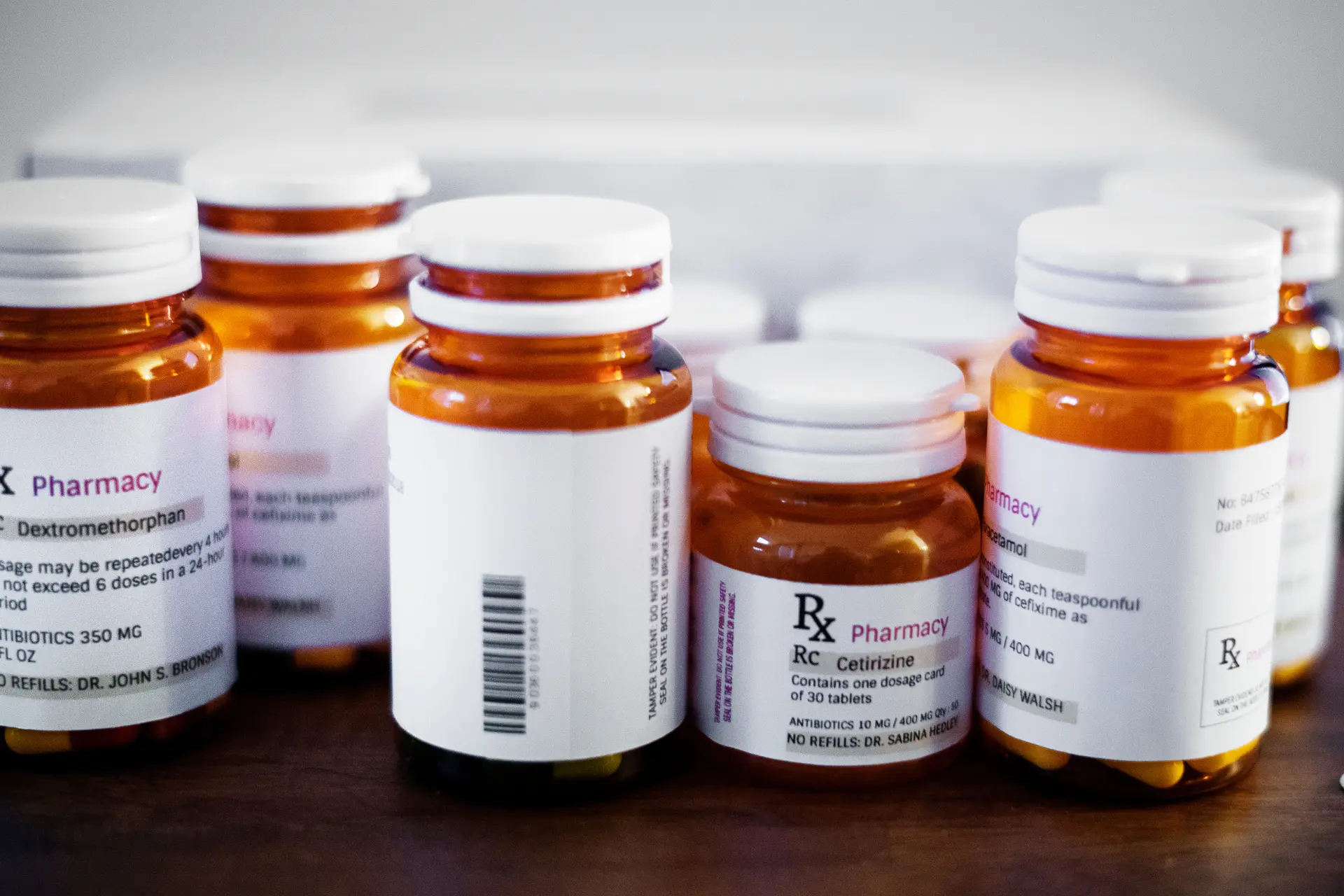Introduction
Extended Producer Responsibility (EPR) is not just a policy buzzword. It is a regulatory mechanism that assigns producers direct responsibility for the environmental impact of the packaging and products they put into circulation. Instead of waste management being solely the job of municipalities, EPR requires businesses to take financial and organisational responsibility for what happens once packaging becomes waste.
Germany, known for its robust environmental policies and pioneering recycling systems, has one of the most advanced EPR frameworks in Europe. With the introduction of the German Packaging Act, or Verpackungsgesetz (VerpackG), the country has tightened obligations on businesses, increased transparency, and strengthened enforcement.
For companies, especially those exporting into Germany, understanding and implementing compliance is no longer optional. Non-compliance may mean fines running into hundreds of thousands of euros, reputational damage, or even bans from the market. On the other hand, businesses that adopt a proactive approach to compliance can build trust with German consumers, who place a premium on sustainability and responsible practices.
This article provides a deep dive into the legal framework, obligations, challenges, and future trends of EPR in Germany. It also outlines how digital tools such as 4Pack’s packaging compliance management software make it significantly easier for companies to stay compliant, save costs, and avoid unnecessary risks.
The Legal Framework of Extended Producer Responsibility in Germany
Overview of the German Packaging Act (VerpackG)
The Verpackungsgesetz came into force in 2019, replacing the earlier Packaging Ordinance. Its primary goals are to:
- Increase recycling rates for packaging materials.
- Make producers financially accountable for packaging waste management.
- Incentivise environmentally friendly packaging design.
A core requirement of the law is that any business placing packaging on the German market must register and contribute to the financing of its collection and recycling. This applies to all packaging that ends up in households, commercial outlets, and distribution channels.
Alignment with EU Directives
Germany’s system is rooted in EU legislation, particularly the Packaging and Packaging Waste Directive and the Waste Framework Directive. However, Germany has consistently implemented these rules more strictly than the minimum EU requirements. For example, while the EU sets overall recycling targets, Germany has introduced higher national goals — aiming for 90% recycling rates in certain material categories.
Key enforcement authorities
The Zentrale Stelle Verpackungsregister (ZSVR) is the independent foundation responsible for enforcing compliance. It manages the LUCID Packaging Register, a public database where all obligated companies must register. The transparency of this database allows consumers, competitors, and authorities to see which companies are compliant. Alongside ZSVR, state enforcement authorities carry out checks and impose penalties.
Scope of Extended Producer Responsibility in Germany
Which businesses are affected
EPR obligations in Germany extend to:
- Manufacturers that produce packaged goods.
- Importers bringing packaged goods into Germany.
- Retailers (including online platforms) that sell directly to German consumers.
Even companies outside Germany are affected if they sell into the market, meaning EPR applies not just locally but also internationally.
Products and packaging in scope
The law covers all types of packaging, including:
- Sales packaging: Primary packaging given to consumers, e.g., a cereal box.
- Secondary packaging: Packaging used to group multiple products, e.g., shrink wrap around bottled water.
- Transport packaging: Packaging used during logistics, such as pallets and crates.
- Reusable packaging: Packaging designed for multiple uses, which must still be registered.
Domestic vs. international producers
Foreign companies selling into Germany must appoint an authorised representative within Germany to fulfil compliance obligations. Without this step, products cannot legally enter the German market. This creates a critical barrier for exporters who are unfamiliar with the system.
Core Producer Obligations
Registration requirements
Before selling any packaged product, companies must register with ZSVR via the LUCID database. Registration is free but highly detailed, requiring information on the company, brands, and packaging materials used. Crucially, registration must be completed before goods are placed on the market — retroactive compliance is not allowed.
Licensing and dual systems
In addition to registration, companies must license their packaging through a dual system. These private organisations handle the physical collection and recycling of packaging waste. Examples include Der Grüne Punkt and Interseroh. Fees are calculated based on packaging type, material, and weight, ensuring that producers bear the costs of waste management.
Reporting obligations
Businesses must regularly report packaging volumes placed on the market. Large producers are also required to submit audited declarations of completeness, providing verified data on packaging usage. The frequency and level of reporting depend on the scale of operations, but even small producers must submit at least annual data.
Financial responsibilities
The financial aspect of EPR is significant. Fees can add up quickly, particularly for businesses using hard-to-recycle materials. By design, this cost structure incentivises the shift towards more sustainable, lightweight, or recyclable packaging. For example, a company using compostable plastics or recycled cardboard may pay less in fees than one using non-recyclable multilayer plastics.
EPR Compliance Challenges for Businesses
For many businesses, compliance in Germany is not straightforward.
- Packaging categorisation: Accurately classifying packaging materials can be complicated. Small errors can lead to underreporting and fines.
- Multi-country compliance: Companies active across Europe face differing requirements in each member state, increasing administrative burden.
- Changing regulations: VerpackG has already been amended several times since 2019, with more changes expected. Staying current is essential.
- Penalties: Non-compliance can result in severe penalties — fines of up to €200,000 per violation, plus bans from placing products on the market.
These challenges are particularly difficult for SMEs with limited resources. Many still rely on manual processes, spreadsheets, and siloed systems, which heighten the risk of errors.
Environmental & Market Impact of EPR in Germany
Germany’s system has delivered tangible results:
- High recycling rates: Germany recycles over 65% of its packaging waste, one of the best performances in Europe.
- Design innovation: Companies are investing in eco-design, such as lightweight packaging or monomaterials that are easier to recycle.
- Consumer confidence: German consumers expect sustainable packaging. Brands that align with these values often enjoy stronger market loyalty.
For example, supermarkets in Germany often promote products with “Umweltfreundlich” (environmentally friendly) labels. Producers that can credibly demonstrate sustainable packaging benefit not only from regulatory compliance but also from consumer goodwill.
How 4Pack Helps Businesses Achieve EPR Compliance
Compliance does not need to be an overwhelming burden. 4Pack’s packaging compliance management software provides businesses with an end-to-end solution tailored to regulations like VerpackG.
Centralised packaging data management
Instead of managing data across multiple spreadsheets, 4Pack provides a single source of truth for packaging specifications, materials, and compliance documents.
Automated compliance workflows
4Pack automates the compliance journey — from ZSVR registration to reporting. This ensures businesses never miss deadlines or overlook essential steps.
Audit readiness and traceability
The software maintains a full audit trail, simplifying inspections. Companies can provide authorities with evidence of compliance quickly and confidently.
Seamless system integration
Integration with ERP and PLM systems ensures smooth data flow. This reduces duplication of work and improves efficiency across teams.
By adopting 4Pack, businesses not only avoid risks but also free up resources to focus on innovation and sustainability.
Practical Steps for Companies Entering the German Market
Businesses entering Germany should follow a clear action plan:
- Register early with ZSVR before selling any products.
- Join a dual system that fits your business scale and packaging mix.
- Classify packaging accurately by type and material.
- Establish reporting processes and assign responsibility to a dedicated compliance officer or team.
- Keep clear records for at least three years to support audits.
Best practices include integrating compliance into the product design stage and continuously reviewing packaging materials for recyclability. Common mistakes include underestimating the time needed for registration, using incorrect material codes, and failing to update records when packaging specifications change.
Extended Producer Responsibility In Germany Moving Forward
The regulatory environment is expected to become more stringent.
- Stricter targets: Germany will continue to push towards 90% recycling for certain materials.
- Reusable packaging mandates: The law already requires foodservice providers to offer reusable options. More sectors may face similar rules.
- Digitalisation of reporting: Companies will likely need to provide more detailed, real-time data to regulators.
These changes will demand greater transparency and adaptability from businesses. Those relying on manual systems may find compliance nearly impossible without digital support.
Why Partner with 4Pack for EPR Compliance in Germany
Choosing 4Pack means partnering with a provider that understands both the complexity of regulations and the practical needs of businesses. Benefits include:
- Reduced risk: With centralised, accurate data and automated processes, compliance errors are minimised.
- Efficiency: Teams spend less time on paperwork and more time on value-added activities.
- Scalability: 4Pack supports compliance not just in Germany but across multiple markets.
- Sustainability support: By analysing packaging data, 4Pack helps businesses design packaging that is both compliant and eco-friendly.
For companies seeking peace of mind and a competitive edge, 4Pack offers the right balance of compliance assurance and operational efficiency.
Make an Enquiry with 4Pack
If your business is navigating EPR obligations in Germany or planning to enter the market, 4Pack can provide the expertise and tools you need.
We encourage you to get in touch to discuss your compliance challenges. Our team can offer tailored advice, product demonstrations, and practical solutions to help you simplify packaging compliance, avoid penalties, and improve sustainability. Get in touch today!
Summary
Extended Producer Responsibility in Germany is one of the most rigorous systems in Europe. While it imposes strict requirements on producers, it also drives innovation and supports the transition to a circular economy.
For businesses, compliance is non-negotiable. Those who adapt quickly and embrace digital solutions will not only meet their obligations but also build trust with consumers and gain a stronger market position.
With 4Pack’s packaging compliance management software, companies can centralise data, automate workflows, stay informed on regulatory changes, and remain audit-ready. In doing so, they transform compliance from a burden into a strategic advantage.



